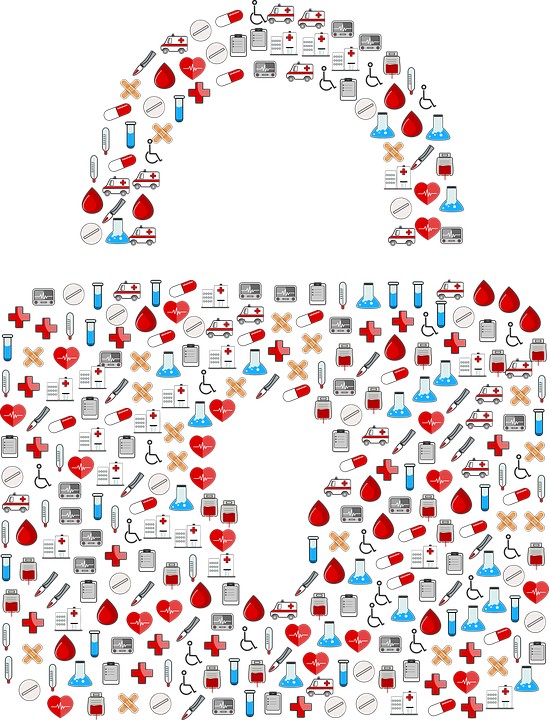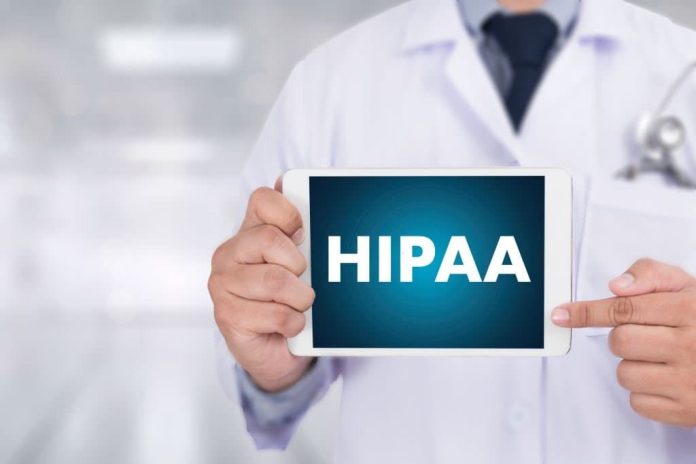The American Health Insurance Portability and Accountability Act (HIPAA) was enacted in 1996, to protect patients’ privacy. HIPAA requires that health care providers give patients notice of the ways they will use their information and get consent from patients before using or disclosing their health information. HIPAA also gives patients the right to see and get copies of their health information, and to request corrections to their records.
Here are some important things you should know about HIPAA and how it can protect you.

Privacy of Your Health Information
Your health information is private. This means that your healthcare provider cannot give your health information to anyone without your permission unless the law says they can. At https://www.easyllama.com/blog/hipaa-how-does-security-differ-from-privacy, one can find more information on the privacy of your health information and what this includes. As these experts state, even family members and friends cannot get your health information without permission.
For example, if you are in the hospital, your doctor may be able to share information about you with other doctors treating you, but not with anyone else.
However, there are some circumstances in which your healthcare provider can share your health information without your permission. For example, if you are in danger of harming yourself or someone else, if there is a public health emergency, or if the law requires it, your healthcare provider may be able to share your information without your permission.
Security of Your Health Information
Your healthcare provider must keep your health information secure and confidential. They should have security measures in place to protect against unauthorized access, disclosure, or use of your health information.
For instance, your healthcare provider may encrypt your health information when it is transmitted electronically to protect it from being accessed by unauthorized individuals. They may also limit access to your health information to only those staff members who need it to do their job.
You have the right to know what security measures are in place to protect your health information. You also have the right to request that your healthcare provider take steps to further secure your information if you believe it is not adequately protected.
Access to Your Health Information
You have the right to access your health information, including medical records and test results. You can ask to see this information, and you do not need a reason. You also have the right to request that your healthcare provider correct any errors in your records by submitting a written request to your healthcare provider. They are required to respond to your request within 60 days.
If your healthcare provider denies your request to see or receive a copy of your records, they must give you a written explanation of the denial and tell you what rights you have to appeal the decision.
You may be charged a reasonable fee for copies of your records, but your healthcare provider cannot deny you access to your records if you are unable to pay the fee.
Changes to the Privacy and Security Rules
The HIPAA privacy and security rules are however subject to change. The U.S. Department of Health and Human Services (HHS) is responsible for issuing updates to the rules as necessary. For example, the HHS issued a final rule in 2013 that strengthened the privacy and security protections for electronic health information.
With the rise of digital and electronic health information, the rules governing the protection of this information must be updated as necessary to ensure that patients’ privacy rights are fully protected. The systems for protecting health information must also be constantly updated to keep pace with advances in technology.
Complaints
If you believe your privacy rights have been violated, you can file a complaint with the Office for Civil Rights (OCR) at the U.S. Department of Health and Human Services. The OCR is responsible for enforcing the HIPAA privacy and security rules.
You can file a complaint online, by mail, or by phone. You do not need to be a U.S. citizen to file a complaint with the OCR because the OCR enforces the HIPAA rules regardless of citizenship status. Additionally, you do not need to have been personally affected by a privacy or security violation to file a complaint, as the OCR can also investigate possible violations.

HIPAA is a law that protects your privacy and security when it comes to your health information. You have the right to access your health information, and you can request that your healthcare provider take steps to further protect your information if you believe it is not adequately protected.
Keep in mind that the privacy and security rules are subject to change, so it is important to stay up-to-date on the latest developments. If you believe your privacy rights have been violated, you can file a complaint with the Office for Civil Rights.




